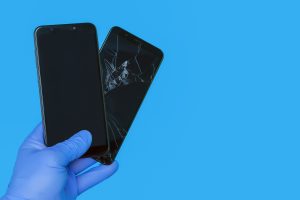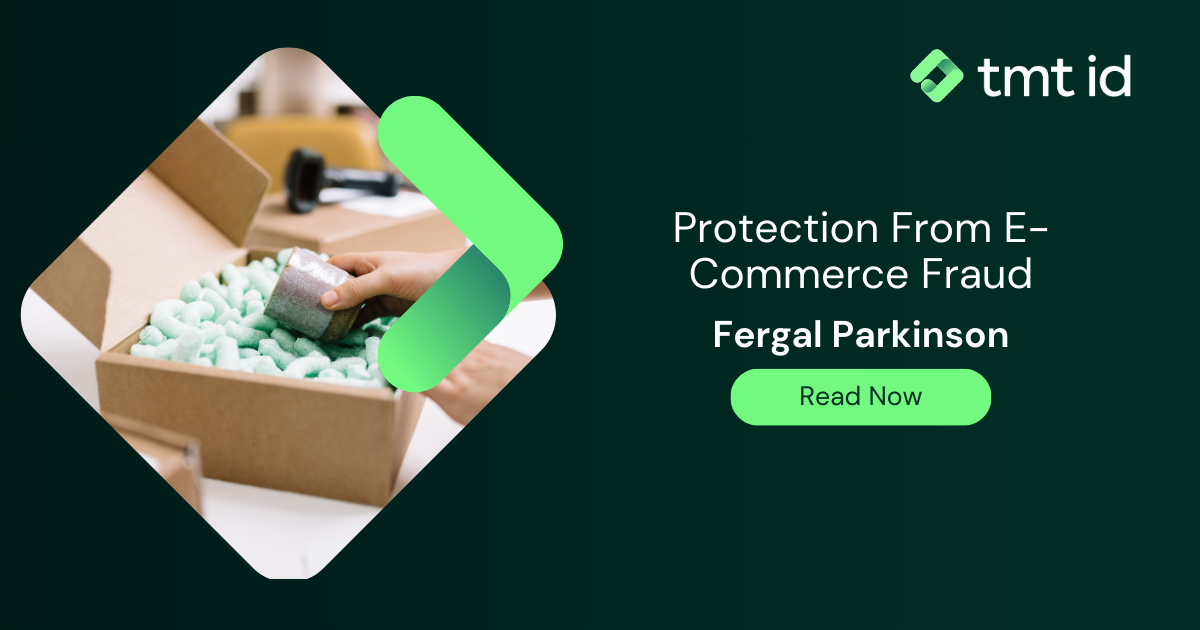
Device insurance fraud – most commonly phone insurance fraud – occurs when someone intentionally makes a false claim on their device insurance policy. This can involve filing a claim for a device that was not actually lost, stolen, or damaged, or exaggerating the extent of the damage to a device to receive a larger payout.
Device insurance fraud can be committed by individuals or organised groups and can involve various types of devices, such as smartphones, tablets, laptops, or other electronics. The fraud can result in significant financial losses for insurance companies, as they may have to pay out claims for devices that were not actually lost, stolen, or damaged.
Device insurance fraud can also have broader consequences, such as driving up the cost of insurance premiums for all customers or reducing the availability of insurance coverage for certain types of devices. In some cases, device insurance fraud may also be linked to other criminal activities, such as identity theft or the sale of stolen devices.
Examples of mobile phone insurance fraud may include:
Rates of device insurance fraud have gone from bad to worse. Javelin Strategy Research found that between 2018 and 2019 fraudulent mobile phone claims increased 63%. Lookout found that in 2019 mobile phone theft and fraud had become more sophisticated and organized, with criminal groups using tactics such as phishing attacks and social engineering to obtain access to devices and manipulate insurance claims.
More recently, industry experts suggest up to 40% of device insurance claims are fraudulent. The increasing cost of living, combined with the increasing cost of mobile devices and the prevalence of device insurance policies are contributing to the attractiveness of device insurance fraud as a means of financial gain. This is particularly true in countries where the cost of mobile devices is high and insurance coverage is widely available.
It’s not just device insurance that is affected. Zurich UK found that the number of fraudulent property claims from the 1st of January to the 31st of May this year was 25% higher than in the same period in 2021. They stated that ‘high-value jewellery, mobile phones and TVs were among the most common items fraudulently claimed to have been lost, stolen or damaged.’

Industry-wide efforts focus on sharing customer information to identify obvious signs of fraud. Signs include an individual making multiple claims within a short period or claiming for the same item with multiple insurers. Communication at the industry level helps everyone gain a better understanding of their customers and can prevent illegitimate cases from being approved in hard-to-spot cases.
While multiple claims on the same item are a clear violation, lots of claims for different items at once are a sign to investigate further. Once insurers have cause for concern, they may use more elaborate investigative techniques such as surveillance, background checks, and interviews to verify the validity of claims and identify fraudulent activity. These can be costly, so are to only be carried out if necessary.
A cheap alternative may involve technology tools such as data analytics, predictive modelling, and machine learning algorithms to detect anomalies and patterns that indicate fraud. AI has come leaps and bounds in the last five years and can help your business create accurate and tailored risk profiles in seconds.
Any fraud department knows data insights are their best friend, and when you’re looking into mobile device claims, mobile device data is the holy grail. Mobile network data – the data that operators hold surrounding the mobile number – is accessible through APIs set up by identity companies which have already done the heavy lifting negotiating contracts with the operators. The data they give you access to can tell you when the device was last live, if the SIM card has been removed, if the device ID has changed, if the mobile is currently on a call, if the number has been reported lost or stolen, and more.
Educating customers before they file claims helps prevent false reports. Have you ever stretched the truth before? Would you do so if you knew it could land you six months in jail? Many customers see device insurance fraud as a victimless, insignificant and easy-to-get-away-with crime. Information about what constitutes insurance fraud, the harms it causes and the repercussions, if caught, can deter anyone on the fence about it.
Other options may be available to you depending on the country you operate and the consent you get from the customer such as geolocation data. This could allow you to catch fraudsters claiming a device is stolen, only to find it is still at the individual’s registered address.
So, what does the future of insurance investigations look like? Will the upward trend continue? We’re unsure. As technology continues to advance, the future of device insurance fraud could become more complex and difficult to detect. For instance, the emergence of new devices, such as wearables, may create new opportunities for fraudsters to exploit vulnerabilities in insurance policies.
In addition, the growing use of online technologies could also pose a risk. With more people relying on the internet to purchase insurance policies, submit claims, and communicate with insurers, fraudsters may attempt to take advantage of any weaknesses in these systems to commit fraud. The real problem, however, is how easy the fraudster perceives the crime to be and how proactive businesses are.
Some insurers are becoming more sophisticated in their use of preventative technology. For instance, using AI and machine learning algorithms to analyse large amounts of data and identify patterns that may indicate fraud. The adoption of advanced biometric technologies and mobile network data to investigate the device and verify the identity of policyholders serves as a catalyst to stomping out device fraud and reducing overhead.
Overall, while the risk of device insurance fraud may increase in the future, some insurers are also taking proactive steps to mitigate this risk and protect their customers from fraud.
Without strong fraud solutions, straggling device insurance companies will be drained by both opportunists and organisations. Once a scam is identified by the fraud community as ‘low risk’ with a ‘low skill requirement’ it is exhausted till businesses do something about it.
Investigating mobile insurance scams doesn’t have to be expensive and slow. Our API gives you immediate access to vital data insights surrounding a mobile number. We built an easy-to-use framework which integrates into your existing systems, hassle-free. Our insights help give you an informed assessment of the legitimacy of your insurance claims, for example – whether the device has been reported lost or stolen, whether the SIM has been swapped, whether the device has changed or even whether the phone is live, active or on a call. By requiring only a mobile number, your genuine customer experience is left undisturbed. Book a call with us to reduce the amount of money you lose to fraudulent claims today.
Last updated on May 21, 2025



Insurance fraud is committed by both organised criminals and opportunistic individuals, exploiting loopholes in the trust-based nature of the industry. Fraudulent policies and claims result in billions in losses, increasing costs for insurers and honest customers alike
Learn more about insurance fraudWe provide the most comprehensive device, network and mobile numbering data available
Contact us > Chat to an expert >